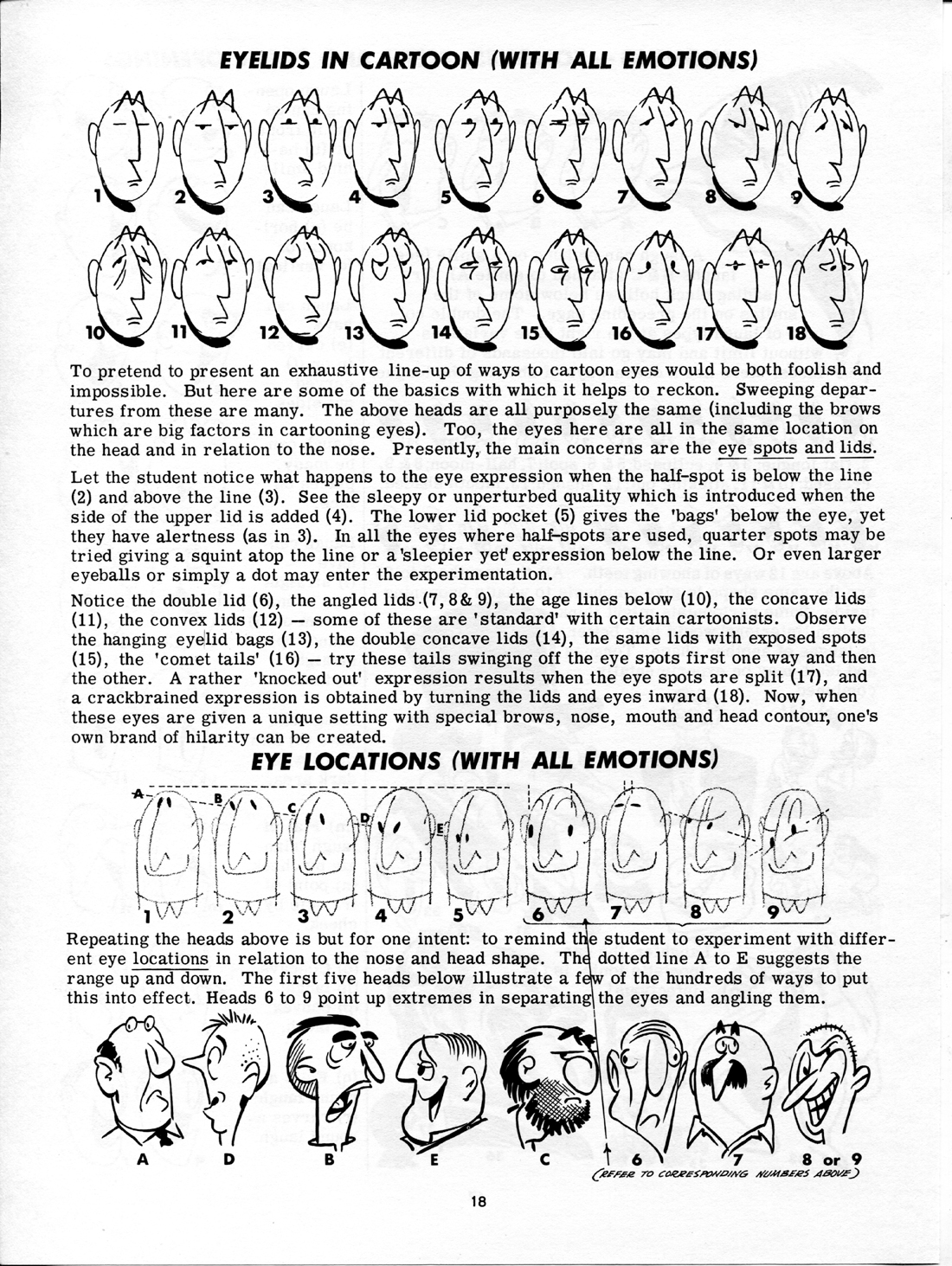

The story is familiar, but it’s never been told in such detail. They also captured some of the subjects just in time: Not only Thorgerson but several interviewees have died in recent years. Thorgerson and Bogawa (who also directed a recent Hipgnosis doc) manage to keep the film visually engaging by intermingling dazzling archival footage and a few impressionistic dramatizations with the main element: seated, although lively, conversations with the elderly interviewees, which are contrasted with photos from the 1960s that show them as some of the coolest-looking young sharps you’ve ever seen. Thorgerson was as uncompromising a personality as the bandmembers - which is saying something - and the directness of his questioning and his decades of friendship with the interviewees give their comments an honesty that journalists rarely can hope to achieve: The subjects are usually speaking to him, not a faceless audience, and frequently call him by name, or recall events and say “You were there, too,” in a way that is initially confusing to the viewer but ultimately so revealing - they know they can’t bullshit him or gloss things over, and we’re in on it, essentially eavesdropping on candid, personal conversations between friends.

Yet it’s not just the thoroughness but the intimacy of the interviews that gives this film its definitiveness.

“This bloke changed the lives of everyone around him, and…” original co-manager Andrew King says at the end, tearing up while gesturing wordlessly at the futility of it all.

Several of them are in tears by the end of the film. Most of these people essentially grew up together, and their memories - which have the benefit, and admittedly the drawbacks, of 50-plus years of hindsight - create what must be the definitive picture of this singular and all-too-brief talent. In 1975, Floyd famously wrote the song “Shine on You Crazy Diamond” for him: “When you were young, you’d shine like the sun / Now there’s a look in your eye, like black holes in the sky.” He died in 2006, at the age of 60.īarrett’s story has been told many times, but never in this way: “Have You Got It Yet?” gathers most of the surviving people who were closest to him, via interviews conducted by his childhood friend Storm Thorgerson - who not only co-directed and co-produced this film, he was the co-founder of the famous Hipgnosis studio, which designed many of Floyd’s most iconic album covers and hundreds of others he died in 2013, but not before shooting multiple interviews. Thorgerson and co-director Roddy Bogawa brought together not only the three surviving bandmembers but the group’s original managers, Barrett’s girlfriends, colleagues and influencees - the Who’s Pete Townshend and Blur’s Graham Coxon both sat for interviews - and friends dating back to his childhood. They helped Barrett to release two solo albums in 1970, but then he essentially became a recluse, shunning most social contact and declining the interviewers who’d sporadically appear at his doorstep or photograph him.
FACELESS HEAD EMOTIONS ACTIVITY HOW TO
He’d bring the band a song and continually change it as they tried to follow him - this remarkable documentary takes its title from one such song, so titled because they could never get it if he kept changing it.Įventually the group had no choice but to fire him, and although they certainly figured out how to succeed without him - Pink Floyd, after all, is one of the most influential and commercially successful rock groups of all time - the ensuing emotional turmoil has always followed them. He became uncommunicative and withdrawn he’d go onstage and just stand there, strumming one chord or doing nothing while the other bandmembers would struggle to hold things together. His bandmates and friends say one day, he was just gone: The distinctive sparkle in his eye and spring in his step had disappeared. Yet he was also one of rock’s first “acid casualties” - people who took too many drugs, or at least the wrong ones, and were never the same afterward. Syd Barrett was the guiding light of the original Pink Floyd - the band’s singer, primary songwriter and guitarist from their first day until their psychedelia-defining 1967 debut album, “Piper at the Gates of Dawn.” His sparkling, childlike melodies and lyrics have cast a huge influence over rock and pop music ever since - David Bowie cited him as a pivotal influence, and it shows - and entire genres of music, particularly the neo-psychedelic waves of the early ‘80s in the U.S.


 0 kommentar(er)
0 kommentar(er)
